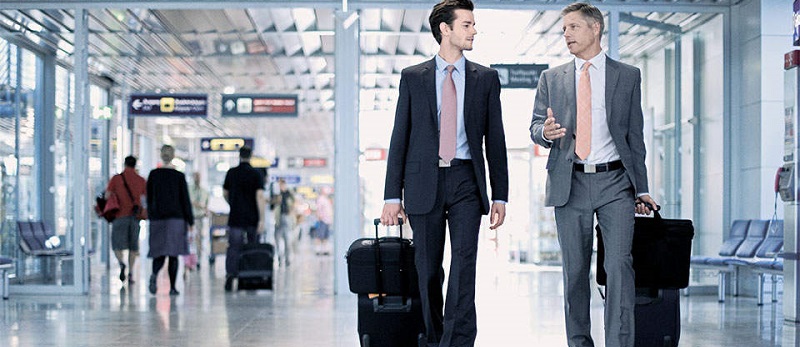
The Tourist Authority of Thailand (TAT) trumpeted again this week that the country must abandon its obsession with mass tourism. The answer in the post-pandemic era, we are told, will be sustainable growth and quality visitors. Pattaya City Hall endorses these aims. Its publicity speaks of a brand-new neo-Pattaya to replace the iniquity of the former Walking Street. Civic authorities stress that the former Sin City is getting a new look with many millions of baht being spent on a beach walkway, an undersea pipeline to pump fresh water to Ko Larn and a new nature trail through the only mangrove forest in the area.
While we all know what a traditional sex tourist is, nobody is absolutely sure what his future replacement the “quality” guy (or gal) looks like. TAT suggests he might be a visitor from the sub-continent because there is a lot of money to be made from Indian weddings. The Ministry of Health has endorsed medical tourism: there is even a special visa under the Thailand Pass for foreigners wanting expensive operations. That certainly includes much cosmetic and gender-changing surgery to judge from hospital feedback. The Cabinet seeks to lure the super-rich by still-vague promises of 10 year visas in exchange for buying new condominiums, investing in the Thai stock market, buying government bonds etc. So quality still turns out to be solely about cash.

Meanwhile, there have been around 35,000 foreign arrivals since the launch of the Thailand Pass initiative last week. Judging from the scant research done so far, these guys and gals do not appear to be retired billionaires or company directors whose bedtime reading is the Financial Times. They seem to be returning family members or short term tourists just like their predecessors in The Phuket Sandbox. There are many hundreds of discussions on social media about when the pubs might open in Pattaya, compared with barely one about investing mega-cash in the kingdom. That tells you something about marketing.
The point is that Pattaya has to learn to walk before it can run. Over 90 percent of Thai workers in the Pattaya area are working – or used to work – for stakeholders in the leisure or hospitality industry. Travel gurus call Pattaya “a bottoms-on-seats destination” as success depends on filling hotels, auditoriums, restaurants and clubs to capacity whenever possible. The transvestite cabarets in Pattaya remain padlocked precisely because of the lack of posteriors. That situation won’t change overnight. Anyway, if Pattaya authorities were really serious about degradation and the environment, they would ban coaches from the town centre as was done in Cambodia’s Siem Reap years ago. Everyone knows that won’t happen when Chinese zero-sum package tourism eventually resumes in Pattaya.
All over Pattaya, huge areas of land are still being sold and bulldozed to make way for businesses and builders. There is no visible planning about sustainability or degradation of the environment. Meanwhile, water remains the resort’s main ongoing problem. In the wet season, floods plague many districts in spite of millions of baht having been spent on canal dredging, water pumps and even an underground pipe. Unchecked development and hard concrete replacing soft soil are the culprits. In the dry season, Pattaya still needs water siphoned from neighboring reservoirs.
Pattaya may have a future to imitate Miami or Singapore. But that’s going to be many years in the future. In the meantime, the Thai authorities must be careful not to throw the baby out with the bath water. For the moment, fully vaccinated traditional tourists should be made welcome. If they want a soapy massage in private or a cold beer in public, let them get on with it. What’s the alternative?
 |
 |
 |





